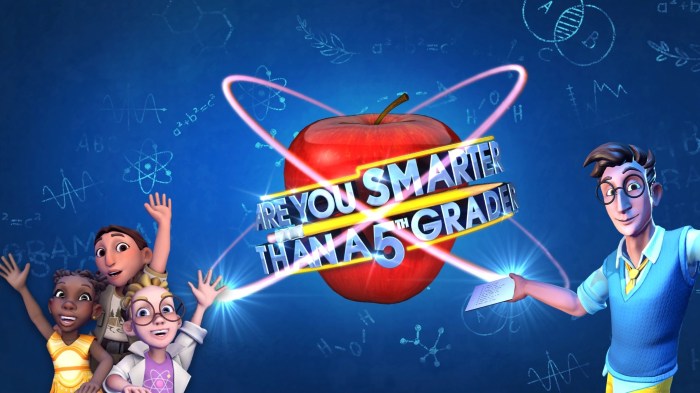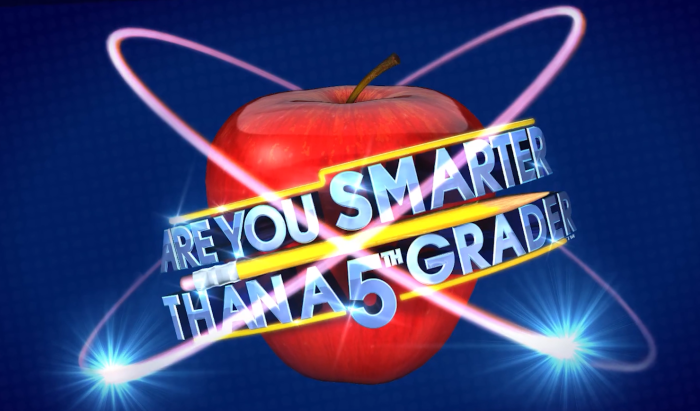Are you smarter than a 10th grader? It’s a question that has been debated for years, and there is no easy answer. On the one hand, adults have more life experience and knowledge than teenagers. On the other hand, teenagers have a better grasp of technology and are more likely to be up-to-date on current events.
In this essay, we will explore the cognitive abilities, knowledge acquisition, and problem-solving skills of 10th graders and adults. We will also discuss the concept of emotional intelligence and its importance in cognitive development.
Cognitive Abilities: Are You Smarter Than A 10th Grader

The cognitive abilities of a typical 10th grader and an adult differ in several key areas. While both have strengths and weaknesses, adults typically possess a more developed ability for complex reasoning, problem-solving, and abstract thought. On the other hand, 10th graders may excel in areas requiring short-term memory, attention to detail, and the ability to learn new information quickly.
Knowledge Acquisition
Knowledge acquisition occurs through various methods, including formal education, life experiences, and access to resources. 10th graders primarily rely on classroom instruction and textbooks, while adults have a broader range of learning opportunities, including self-directed learning, workshops, and online courses.
Access to technology and the internet provides both 10th graders and adults with a wealth of information and resources.
Critical Thinking Skills
Critical thinking skills involve the ability to analyze information, identify biases, and make sound judgments. 10th graders typically develop critical thinking skills through academic assignments, debates, and discussions. Adults apply critical thinking in real-world situations, such as evaluating news articles, making financial decisions, and solving problems at work.
Problem-Solving Abilities
Problem-solving involves identifying and addressing challenges. 10th graders often use trial-and-error or rote memorization, while adults employ more systematic approaches, such as breaking down problems into smaller steps and considering multiple solutions.
| 10th Grader | Adult |
|---|---|
| Trial-and-error | Systematic approach |
| Rote memorization | Problem decomposition |
| Limited experience | Wide range of experiences |
Emotional Intelligence
Emotional intelligence refers to the ability to understand and manage one’s emotions and the emotions of others. 10th graders may exhibit emotional outbursts and difficulty regulating their emotions, while adults typically have greater emotional maturity and self-awareness.
Cognitive Development, Are you smarter than a 10th grader
Piaget’s theory of cognitive development suggests that individuals progress through stages of cognitive growth. 10th graders are typically in the formal operational stage, characterized by abstract reasoning and hypothetical thinking. Cognitive development continues beyond adolescence, with adults often reaching higher levels of cognitive complexity and metacognition.
Key Questions Answered
What are the cognitive abilities of a typical 10th grader?
10th graders are typically able to think abstractly, reason logically, and solve problems. They are also able to learn new information quickly and remember it for long periods of time.
What are the cognitive abilities of a typical adult?
Adults typically have more experience and knowledge than 10th graders. They are also able to think more critically and make more informed decisions. However, adults may be less able to learn new information quickly and remember it for long periods of time.
Which group is smarter, 10th graders or adults?
There is no easy answer to this question. Both groups have their own unique strengths and weaknesses. However, adults typically have more experience and knowledge than 10th graders, while 10th graders are more likely to be up-to-date on current events and have a better grasp of technology.


